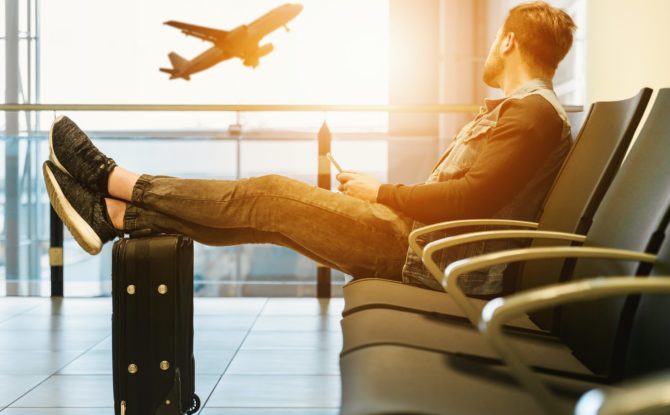Single touch payroll (STP), the reporting mechanism employers must use to report payments to workers, provides a comprehensive, granular level of near-real time data to the regulators on income paid to employees. The ATO is now matching STP data to the information reported to them by superannuation funds to identify late payments, and under or incorrect reporting.
Late payment of quarterly superannuation guarantee is emerging as an area of concern with some employers missing payment deadlines, either because of cashflow difficulties (i.e., SG payments not put aside during the quarter), or technical issues where the timing of contributions is incorrect. Super guarantee needs to be received by the employee’s fund before the due date. Unless you are using the ATO’s superannuation clearing house, payments are unlikely to be received by the employee’s fund if the quarterly payment is made on the due date. The super guarantee laws do not have a tolerance for a ‘little bit’ late. Contributions are either on time, or they are not.
When SG is paid late
If an employer fails to meet the quarterly SG contribution deadline, they need to pay the SG charge (SGC) and lodge a Superannuation Guarantee Statement within a month of the late payment. The SGC applies even if you pay the outstanding SG soon after the deadline.
The SGC Statement is particularly painful for employers because it is comprised of:
· The employee’s superannuation guarantee shortfall amount – i.e., the SG owing.
· 10% interest p.a. on the SG owing for the quarter – calculated from the first day of the quarter until the 28th day after the SG was due, or the date the SG statement is lodged, whichever is later; and
· An administration fee of $20 for each employee with a shortfall per quarter.
Unlike normal SG contributions, SGC amounts are not deductible, even if you pay the outstanding amount.
And, the calculation for SGC is different to how you calculate SG. The SGC is calculated using the employee’s salary or wages rather than their ordinary time earnings (OTE). An employee’s salary and wages may be higher than their OTE, particularly if you have workers who are paid overtime.
It’s important that employers that have made late SG payments lodge a superannuation guarantee statement quickly as interest accrues until the statement is lodged. The ATO can also apply penalties for late lodgment of a statement, or failing to provide a statement during an audit, of up to 200% of the SG charge. And, where an SG charge amount remains outstanding, a company director may become personally liable for a penalty equal to the unpaid amount.
The danger of misclassifying contractors
Many business owners assume that if they hire independent contractors, they will not be responsible for PAYG withholding, superannuation guarantee, payroll tax and workers compensation obligations. However, each set of rules operates slightly differently and, in some cases, genuine contractors can be treated as if they were employees. There are significant penalties faced by employers that get it wrong.
A genuine independent contractor who is providing personal services will typically be:
· Autonomous rather than subservient in their decision-making;
· Financially self-reliant rather than economically dependent on your business; and
· Chasing profit (that is, a return on risk) rather than simply accepting a payment for the time, skill and effort provided.






